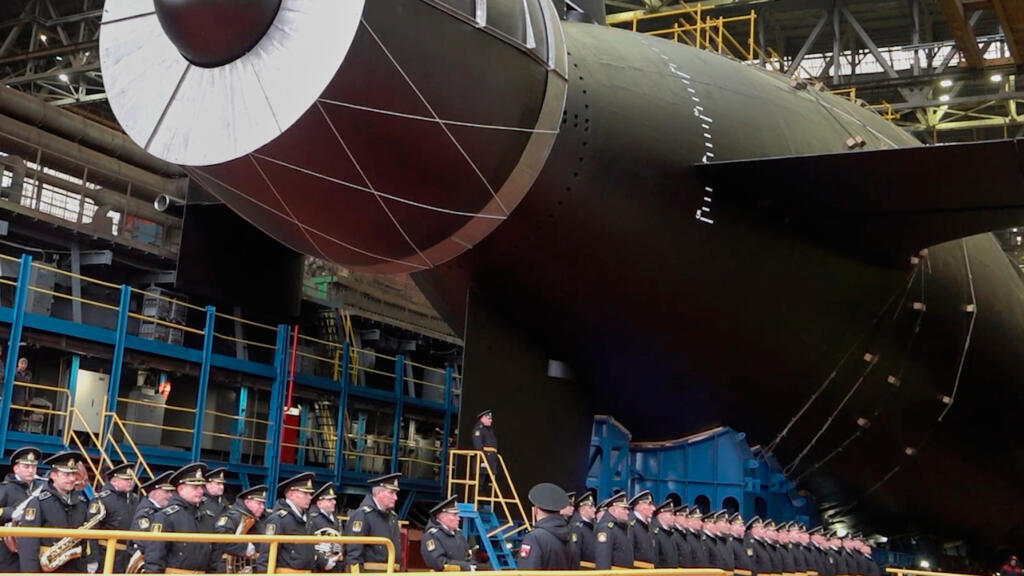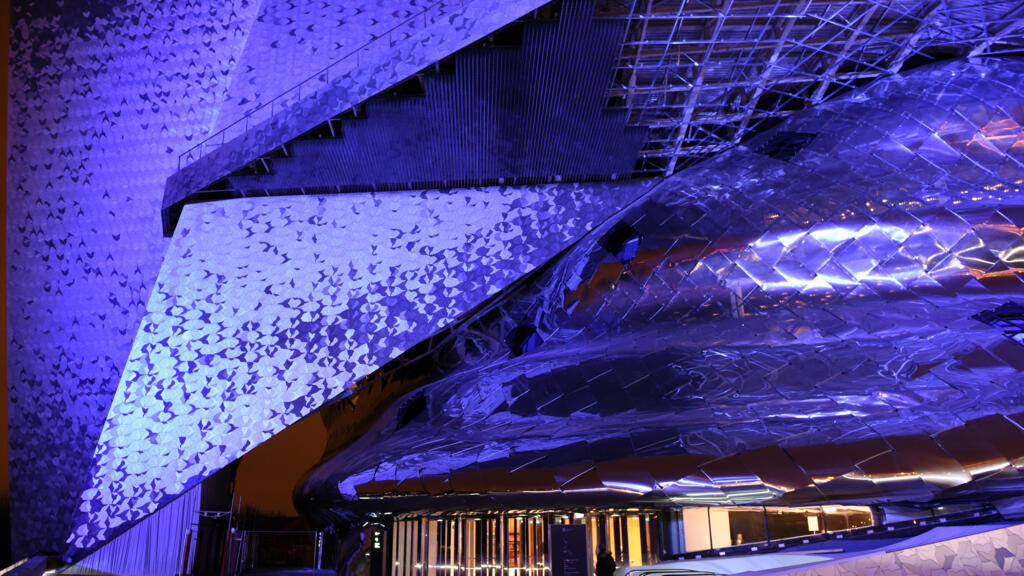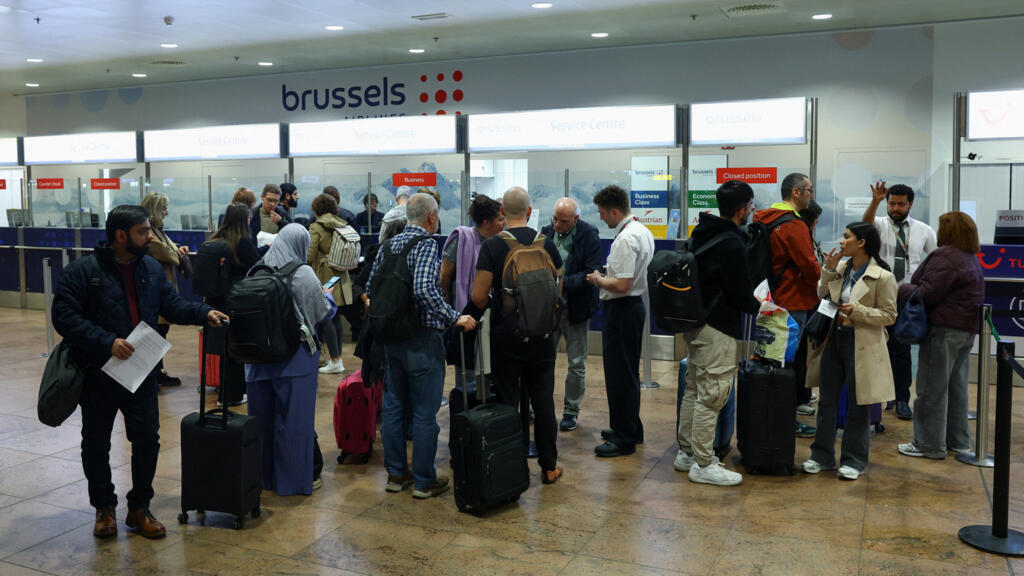On Wednesday, Russian President Vladimir Putin announced that Russia would contemplate resuming nuclear tests for the first time since 1990, contingent upon the actions of the United States. This statement stems from escalating tensions regarding nuclear arms control between the two nations. Putin's remarks were made against a backdrop of heightened geopolitical tensions and discussions surrounding nuclear capabilities.
Recently, U.S. President Donald Trump made headlines by declaring on social media that he had directed the Pentagon to "start testing our Nuclear Weapons on an equal basis" with Russia and China. Trump's comments have elicited responses from various international observers, reflecting concerns over a potential new arms race. The notion of reinitiating nuclear tests has reignited debates on strategic stability and global security.
Putin emphasized that if the U.S. resumes its nuclear testing, Russia would not remain idle. This indicates a perilous shift in the strategic landscape, where both nations may feel compelled to enhance their military capabilities in response to perceived threats. The prospect of renewed nuclear testing not only threatens to undermine decades of efforts in arms control but also raises alarms about global security dynamics.
The context of these developments includes past international treaties aimed at limiting nuclear proliferation, such as the Comprehensive Nuclear-Test-Ban Treaty (CTBT), which has not been fully ratified by some of the world’s nuclear powers. Both Russia and the United States have historically been significant players in nuclear arms control discussions, yet their relations have frayed in recent years due to various geopolitical conflicts and sanctions.
Furthermore, the discourse surrounding nuclear testing is exacerbated by regional tensions, including those in Eastern Europe and the Asia-Pacific, where North Korea’s nuclear ambitions continue to pose challenges for the U.S. and its allies. Observers warn that the return to nuclear testing could lead to a dangerously escalated arms race, leaving diplomatic avenues strained.
The potential for a new nuclear arms race prompts significant concern among defense analysts and political leaders. Many argue that it could lead countries worldwide to expedite their own nuclear programs, which would significantly complicate global security efforts. The specter of a rearmed nuclear landscape awaits as both military and civilian sectors contemplate the consequences of such developments.
In summary, the recent statements from both Putin and Trump illustrate the escalating rivalry between the two countries and the potential for a return to an era of nuclear testing. The situation highlights the urgent need for renewed dialogue and negotiation to prevent further escalation and to uphold international arms control frameworks.
```











